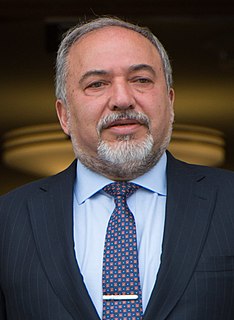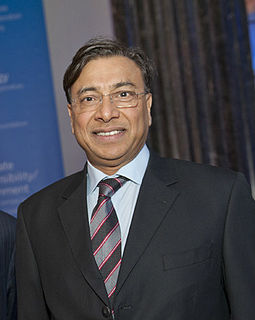A Quote by Ashraf Ghani
At the end of any peace deal, the decision-maker will be the government of Afghanistan.
Quote Topics
Related Quotes
Peace is our goal, but peace from strength, an enduring peace that will bring regional cooperation. What we have emphasized and agreed is that we are strategic partners. We are bound by common interests and will act together to ensure both the safety of United States and the safety of Afghanistan. That is the important consideration. Numbers are a means; they are not an end in themselves.
In my view, the Western model of influencing the development of third world countries is doomed to failure. The West does not understand how to deal with states that no longer have any authority and are threatened by dissolution. Their efforts failed in Iraq as well as Afghanistan. They are simply not capable of promoting the indigenous economy. Many billions of dollars flooded into Afghanistan, but without any significant effect.
Iraq at one time was actually a functioning government. It's a real state. Afghanistan is not Iraq. It's tribal. It's got a different - a number of different sects, never really had a solid government there running the country on any kind of a continuing basis. Well, to rebuild the nation of Afghanistan is going to be more difficult than rebuilding the nation of Iraq.
































